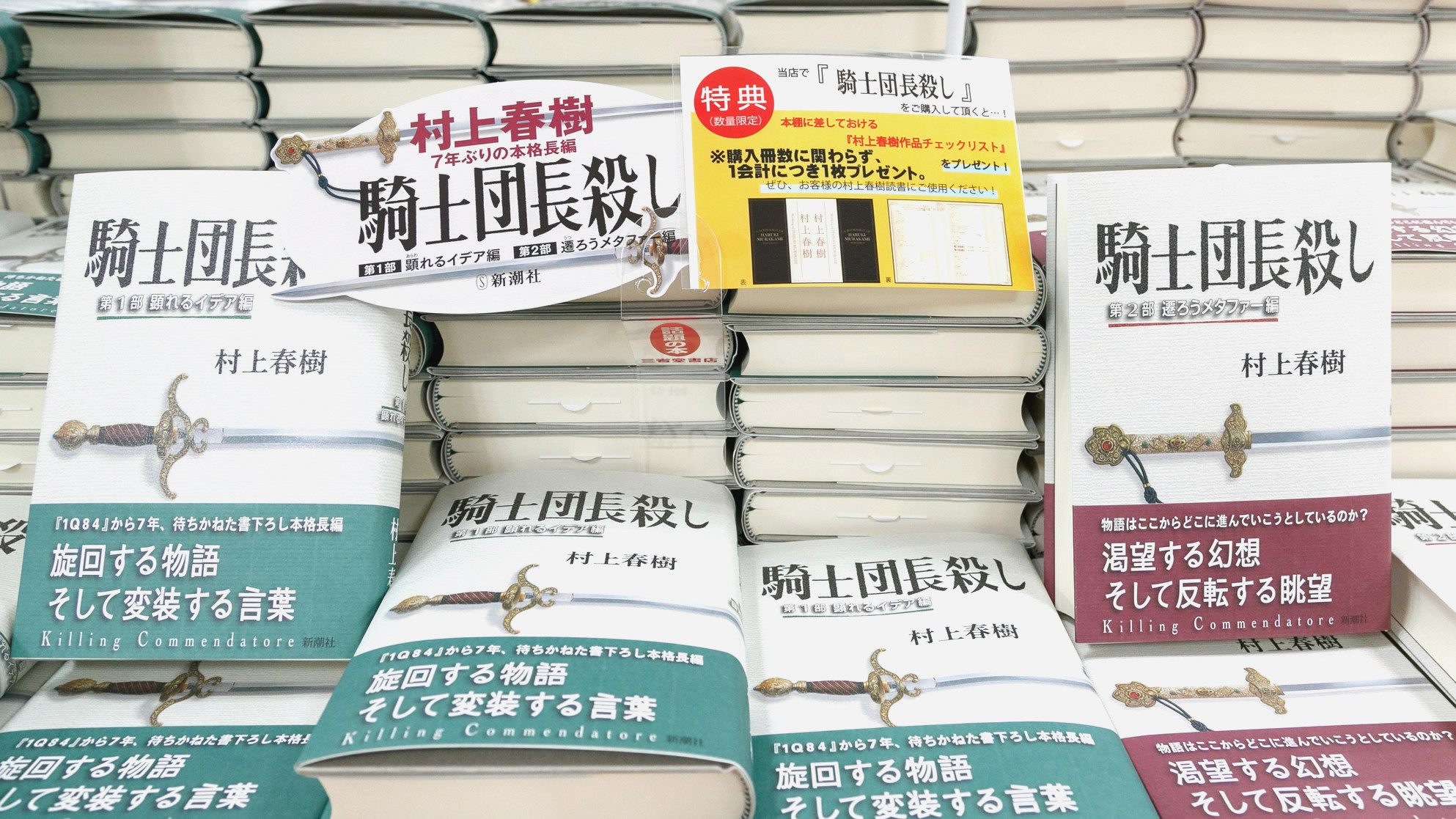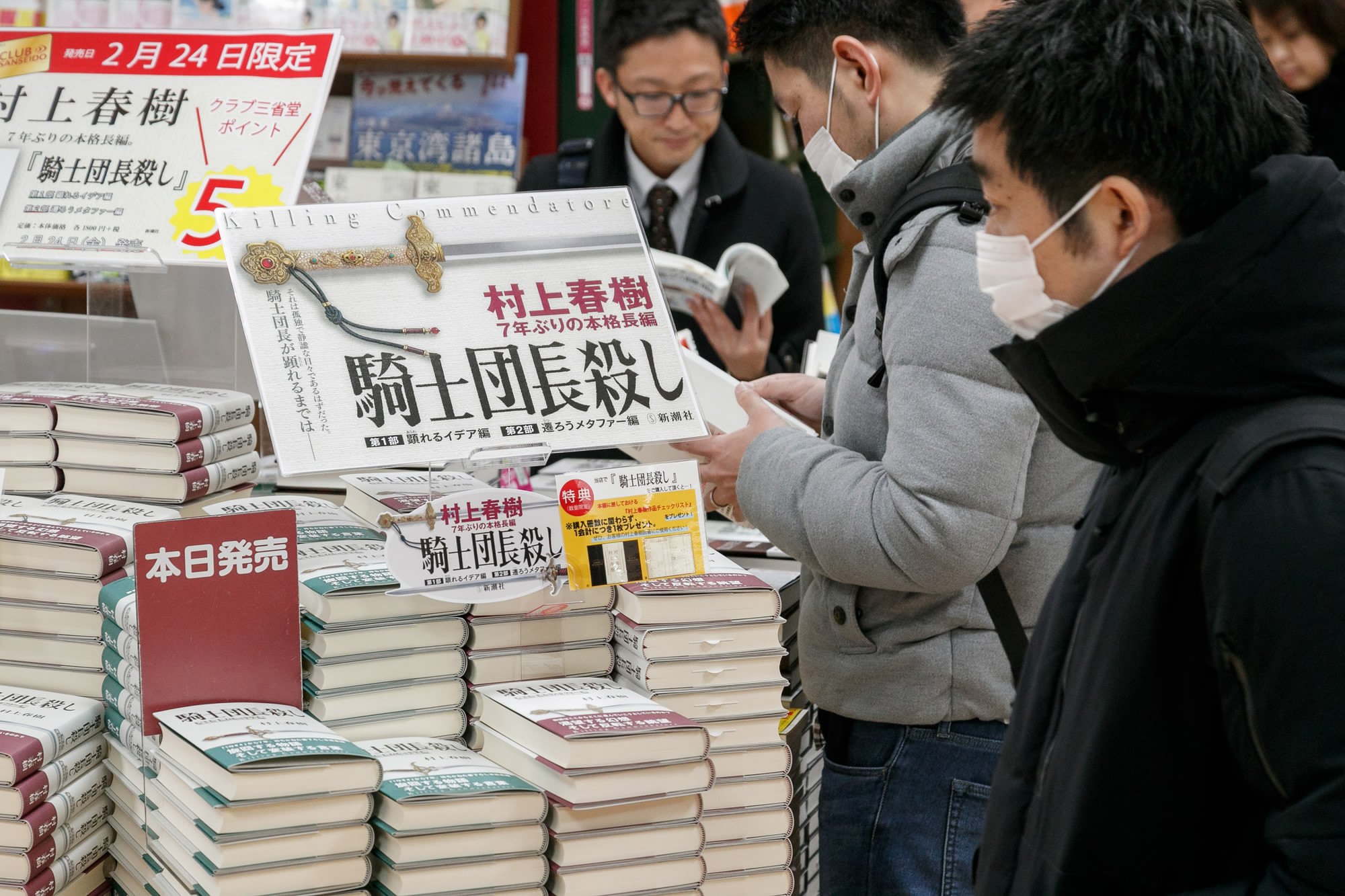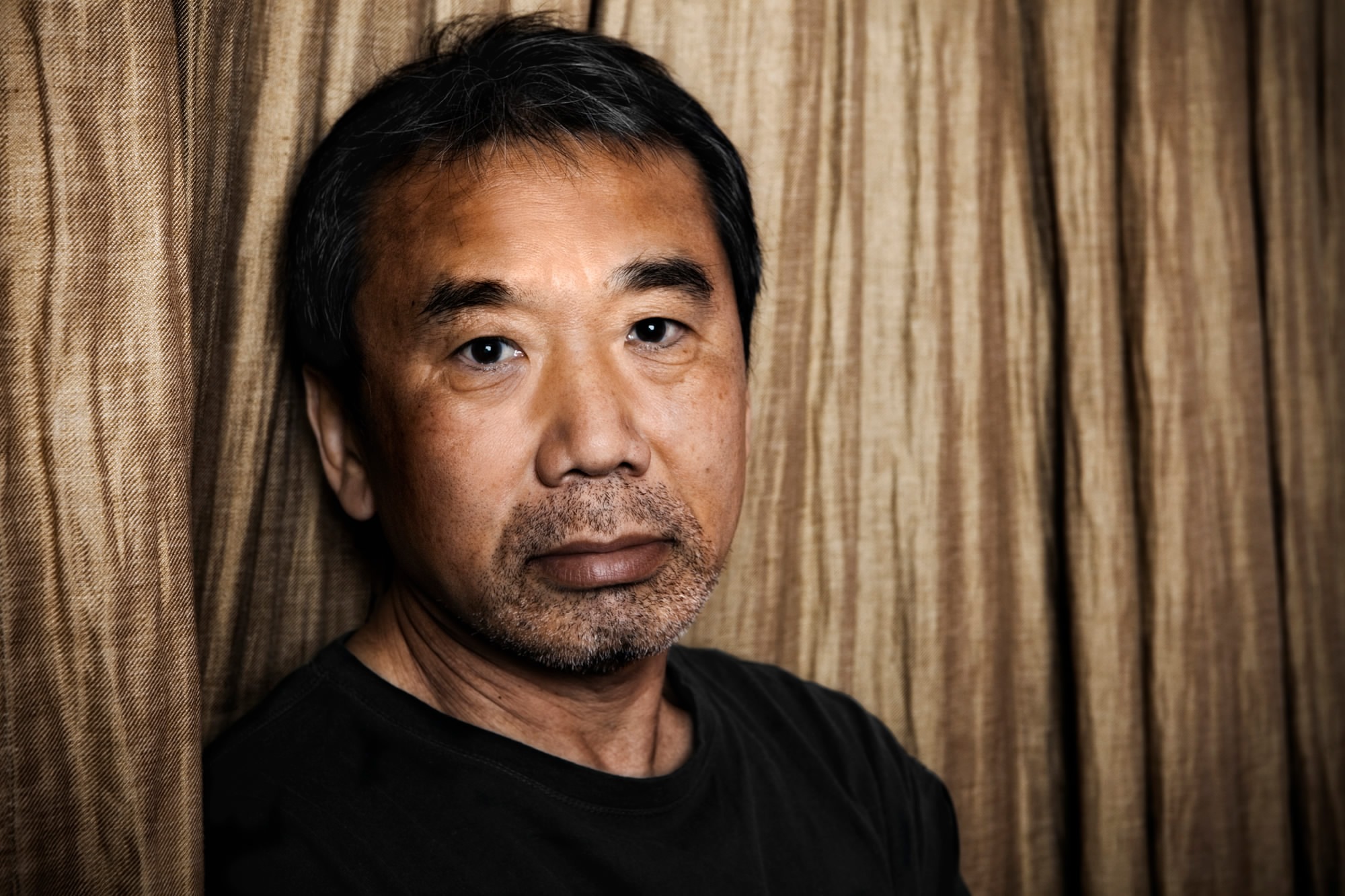
Culture & Sports
17:38, 03-Mar-2017
Japanese novelist highlights deaths at the Nanjing Massacre in his new novel
Updated
10:56, 28-Jun-2018

“Killing Commendatore”, a newly released novel by Japanese novelist Haruki Murakami, has witnessed a boom in sales as numerous readers even waited overnight just to snap up his latest work. But what makes the novel such a great read, and how did it trigger such hot discussion?
“Killing Commendatore” comprises of two volumes, and was released on February 24 in Tokyo. About 1.3 million copies of the book were printed for its first edition in expectations of high demand due to a plot concerning the Nanjing Massacre during World War II, a sensitive topic in Japan.

Haruki Murakami's new novel "Killing Commendatore" goes on sale at Sanseido book store in Tokyo, Japan on February 24, 2017. /CFP Photo
Haruki Murakami's new novel "Killing Commendatore" goes on sale at Sanseido book store in Tokyo, Japan on February 24, 2017. /CFP Photo
Murakami, one of the most popular Japanese contemporary novelists, wrote in his new novel that Japan carried out the massacre in Nanjing in December of 1937, killing 400,000 Chinese people.
He used a whole paragraph in the second volume to describe the slaughter, saying the fact that a great mass of innocent citizens were involved in the war and slayed cannot be denied, adding that there is actually no difference between the alleged number of victims as some people say the toll is 400,000, while others say 100,000.

Haruki Murakami, the popular Japanese contemporary novelist /CFP Photo
Haruki Murakami, the popular Japanese contemporary novelist /CFP Photo
The Nanjing Massacre, a national tragedy that continues to be a stain on the relationship between China and Japan, is viewed as the most savage atrocity Japanese militarists committed in the war of aggression against China, causing a total of over 300,000 deaths. Scarred by the legacy, China has set December 13 as a memorial day to mourn the victims of the Nanjing Massacre every year.
However, some Japanese citizens still deny this fact. The plot point has now caused a stir in Japan, and some right-wing groups initiated campaigns to resist Murakami's influence.

SITEMAP
Copyright © 2018 CGTN. Beijing ICP prepared NO.16065310-3
Copyright © 2018 CGTN. Beijing ICP prepared NO.16065310-3